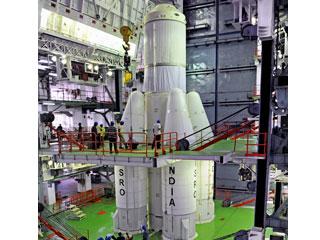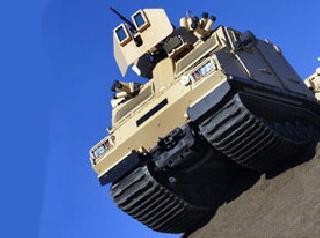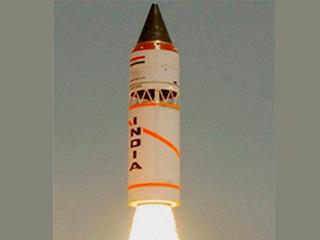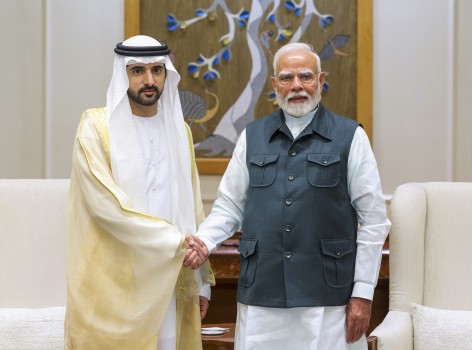
GSLV-D5 Core Stage with four Strap-Ons at the Vehicle Assembly Building. Photo: ISRO.
BANGALORE (PTI): The flight test of rejuvenated Geo-synchronous Satellite Launch Vehicle (GSLV-D5) with indigenous cryogenic engine is likely to take place on January five from the space port of Sriharikota in Andhra Pradesh, Indian Space Research Organisation said.
ISRO's Mission Readiness Review (MRR) team will meet on December 27 to take a final call on the launch of GSLV-D5. Its mission was aborted at the 11th hour on August 19, this year due to a fuel leak in its second stage.
"We have targeted the launch on January 5 afternoon; MRR team will meet on December 27 to take stock of the readiness and will finalise the date and time for the launch," ISRO spokesperson Deviprasad Karnik told PTI.
GSLV-D5 will put the communications satellite GSAT-14 into orbit.
All the three stages of the vehicle have already been integrated, Karnik said, adding, the "satellite will be mated with the launch vehicle next week." He said, "....Everything should be ready by December 26, MMR team will meet on December 27. It will review and decide on the launch."
The launch of GSLV-D5 scheduled at 1650 hours on August 19 from Satish Dhawan Space Centre (SDSC) at Sriharikota, was called off after a leak was detected in the fuel system of the liquid second stage in pre-launch pressurisation phase on the vehicle, just two hours before lift-off.
The propellants were later drained from the cryogenic stage, liquid second stage and the four liquid strap-ons of GSLV-D5 and the vehicle was moved back to the Vehicle Assembly Building in SDSC.
Fuel tank made of aluminium alloy called Afnor 7020 tended to develop crack over a period of time and the leak was blamed on it.
In response to a question, Karnik said, "It is entirely a new tank this time."
 Previous Article
Previous Article Next Article
Next Article












The Indian Air Force, in its flight trials evaluation report submitted before the Defence Ministry l..
view articleAn insight into the Medium Multi-Role Combat Aircraft competition...
view articleSky enthusiasts can now spot the International Space Station (ISS) commanded by Indian-American astr..
view article